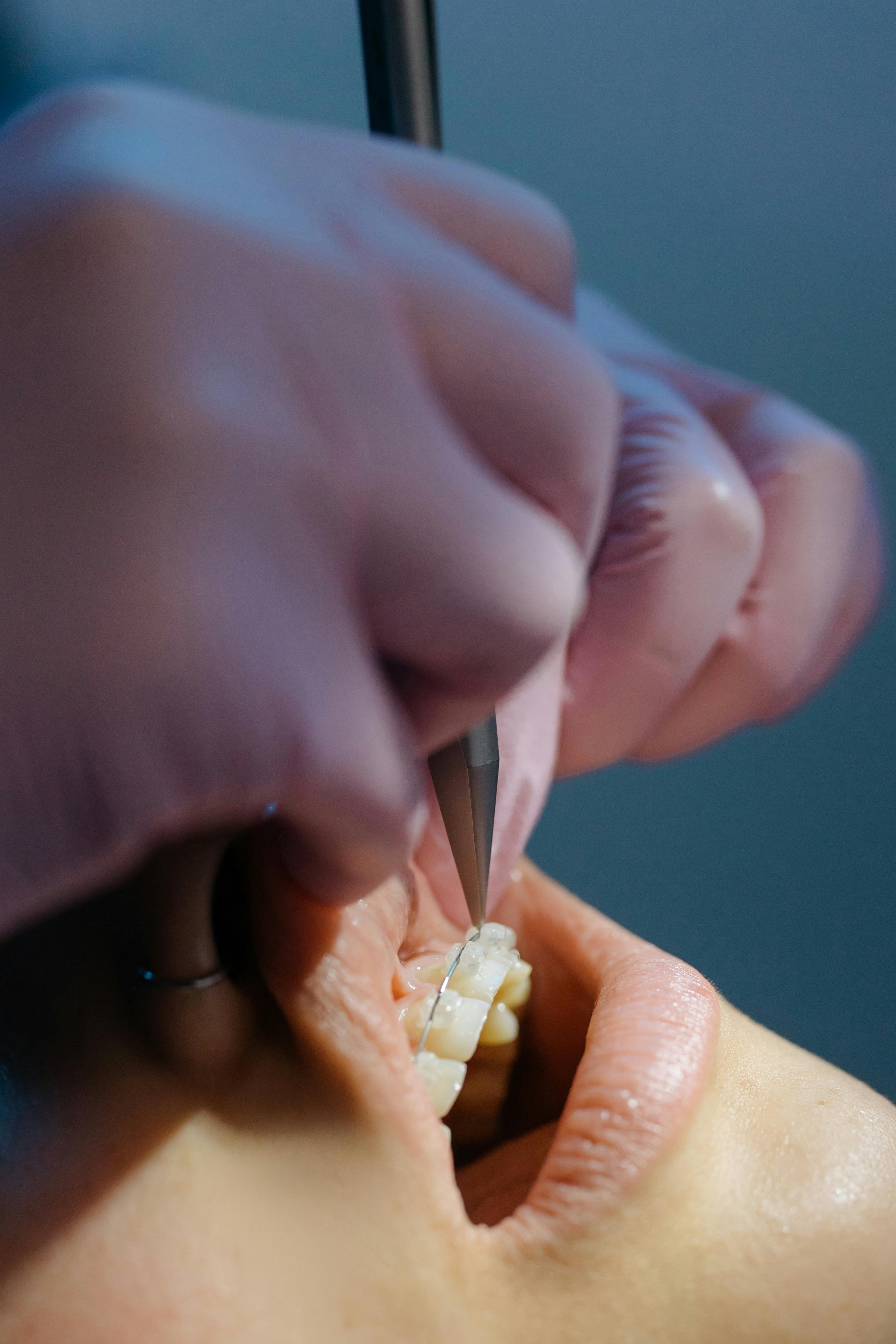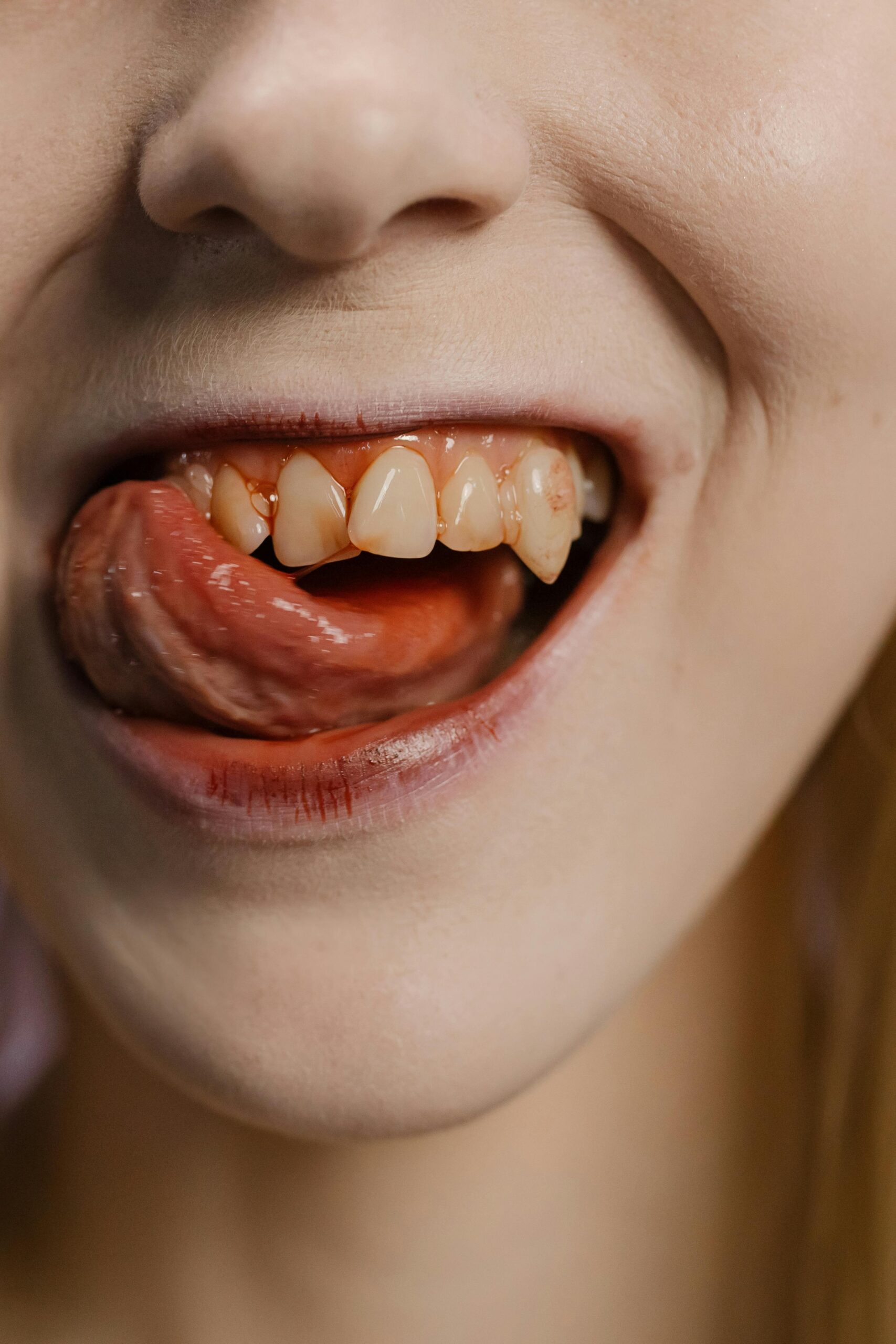Effective Ways to Fix Receding Gums for a Healthier Smile in 2025
Receding gums is a dental issue that affects many people, leading to sensitivity, discomfort, and potential tooth loss if not addressed. Understanding the causes of gum recession and employing effective treatment methods can significantly improve not only oral health but overall well-being. In this article, we will delve into various receding gums treatments, the factors that contribute to gum recession, and essential practices to maintain optimal gum health. With a focus on modern techniques and innovative solutions, you will discover a comprehensive roadmap for overcoming that problem.
From adopting proper brushing techniques to exploring the benefits of natural remedies, we aim to equip you with the knowledge necessary for effective gum care. You’ll learn about the significance of routine dental check-ups, the impact of dietary choices on gum health, and how professional dental cleaning can help combat gum recession. Our discussion will also highlight gum grafting and other surgical interventions available, alongside practical advice for everyday oral hygiene.
By the end of this article, you will be empowered with insights and solutions to achieve a healthier smile, paving the way for a more confident you in 2025.
Understanding the Causes of Gum Recession
Before implementing any receding gums treatments, it’s crucial to understand the root causes of gum recession. Factors such as periodontal disease, improper oral hygiene, and lifestyle choices all play a significant role in gum health.
Top 5 Causes of Gum Recession
The first step in addressing gum recession is recognizing its causes. They include:
- Periodontal Disease: A major contributor to gum recession, periodontal disease is caused by harmful bacteria that create plaque, which if not removed, can lead to gum inflammation and recession.
- Poor Dental Hygiene: Inadequate brushing and flossing can lead to plaque buildup, resulting in gum disease.
- Genetics: Some individuals may be predisposed to gum recession due to inherited factors affecting their gum tissue and overall dental health.
- Smoking: Tobacco use compromises circulation in the gums, hindering healing and promoting bacterial growth.
- Mouth Breathing: Regular mouth breathing can lead to dry gums, making them more susceptible to recession.
Understanding these contributing factors helps in formulating a targeted approach to address gum recession.
Effective Dental Hygiene Tips for Gum Health
Maintaining rigorous dental hygiene is a critical step in preventing and treating receding gums. Through specific techniques, you can mitigate gum recession and promote healthier gums.
Proper Brushing Techniques
Brushing your teeth correctly can have a tremendous impact on gum health. It’s recommended to use a soft-bristled toothbrush and fluoride toothpaste for better results.
Consider these helpful techniques:
- Use gentle, circular motions to avoid damaging gum tissue.
- Brush at a 45-degree angle to reach the gum line effectively.
- Brush for at least two minutes, twice daily for optimal plaque removal.
The Importance of Flossing
Flossing is vital in preventing plaque buildup and ensuring the areas between your teeth remain clean. Daily flossing can significantly reduce the risk of developing gum disease by removing debris that brushing alone might miss.
Choosing the Right Toothpaste for Gum Health
Not all toothpastes are equally beneficial for gum health. Look for products specifically formulated to combat gum recession and promote healing. Toothpastes containing natural ingredients like green tea extracts or specific antibacterial properties can help maintain gum health.
Natural Remedies for Receding Gums
In addition to professional treatments, several natural remedies can aid in managing and even reversing gum recession. These methods can be easily integrated into your daily routine.
Essential Oils for Gums
Natural oils, such as tea tree or clove oil, possess antimicrobial properties and can be effective in promoting gum healing. Diluted with a carrier oil, these oils can be applied topically for good results.
Salt Water Rinse Benefits
A simple salt water rinse can help reduce inflammation and promote healing of the gums. The saline solution creates a less favorable environment for harmful bacteria, making it an effective home remedy.
Dietary Choices for Gum Recovery
Your diet plays a crucial role in oral health. Consuming foods rich in vitamins C and D, antioxidants, and omega-3 fatty acids can promote gum health and reduce inflammation. Consider incorporating fruits, vegetables, and whole grains into your meals.
Professional Treatments for Severe Gum Recession
For significant gum recession, professional treatments may be necessary. Understanding these options can provide peace of mind as you seek solutions.
Understanding Gum Grafting
Gum grafting is a surgical procedure where tissue is taken from another part of the mouth (or donor tissue) and attached to the affected area. This treatment can effectively cover exposed tooth roots, preventing further recession.
Laser Gum Treatment Options
Laser therapy can be a less invasive option for treating gum recession. This approach helps remove diseased tissue and promote healing while minimizing discomfort. If surgical intervention is required, discussing laser options with your dentist may be beneficial.
Deep Cleaning for Gums
Professional dental cleaning removes plaque and tartar buildup that regular brushing cannot reach. This process is crucial for halting the progression of gum disease and restoring gum health.
Practical At-Home Care Strategies
Incorporating effective home care strategies is essential in your journey toward healthier gums. Here are powerful practices to consider:
Using Mouthwash for Gum Health
Rinsing with an antimicrobial mouthwash can greatly enhance your gum health. Look for alcohol-free formulations that can reduce plaque and soothe gums without causing dryness.
Gum Stimulation Exercises
Gentle gum exercises can stimulate circulation and promote tissue regeneration. Consider using your finger to massage your gums gently or chewing sugar-free gum to stimulate saliva production.
Supplementing with Vitamin and Mineral Support
Ensuring your diet includes adequate calcium and vitamins can support gum health. Supplements may also be beneficial; vitamin C and D play integral roles in collagen formation and tissue regeneration, crucial for gum recovery.
Common Questions About Gum Recession
What are the first signs of gum recession?
The initial signs include tooth sensitivity and visibly longer teeth due to exposed roots.
Can poor oral hygiene lead to gum recession?
Yes, inadequate brushing and flossing allow plaque buildup, leading to gum disease and recession.
Are there any effective home remedies for gum care?
Natural solutions such as salt water rinses, essential oils, and a balanced diet can promote gum health.
When should I consider professional treatment for gum recession?
If gum recession worsens, leading to significant sensitivity or discomfort, consult your dentist about professional options like grafting.
How often should I visit the dentist for gum care?
Routine dental check-ups every six months are recommended to monitor gum health and prevent complications.
In conclusion, by understanding the causes of receding gums and implementing effective treatment strategies, including both at-home care and professional intervention, you can achieve a healthier smile and enhance your quality of life. Emphasizing diligent oral hygiene practices and regular dental visits will support your journey towards optimal gum health in 2025 and beyond.


